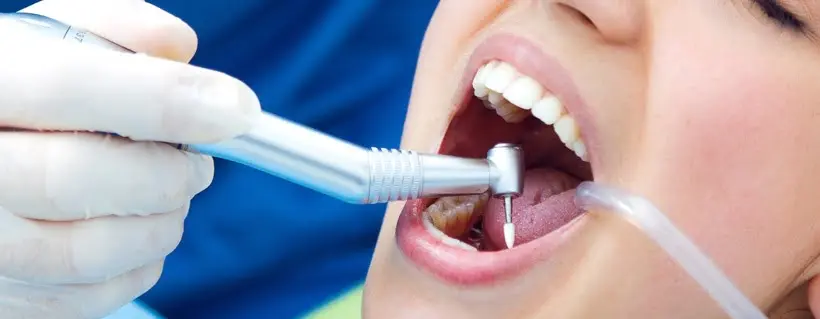Post-Implant care: Congratulations on choosing dental implants to improve both your smile and oral health! Whether it is Full Dental Implants or single dental implants, proper post-implant care is crucial to long-term success of this investment in beautiful, healthy smile.
After dental implant surgery, it is vitally important that patients follow all instructions from their surgeon and follow post-implant care checks and cleaning regimen as specified by their healthcare team to facilitate healing and reduce risks of complications. Here is an extensive guide for post-implant care including follow ups and cleaning:
Immediate Post-Implant Care:
Once your dental implant procedure has taken place, your dentist will provide personalized post-op instructions tailored specifically to you and your unique circumstances. These may include guidelines for controlling pain, swelling and bleeding as well as advice regarding diet and oral hygiene practices during the initial healing period.
Follow-Up Appointments:
Regular follow-up visits with your dentist are crucial to ensure proper healing and integration of Dental Implants, and assessing oral health issues or complications, making any necessary adjustments, and optimizing results from implant therapy treatments. During these appointments, they can evaluate oral health statuses, discuss any concerns or complications, or adjust accordingly as necessary to optimize treatment results.
Maintain Oral Hygiene:
Good oral hygiene is crucial to protecting dental implants against infection and prolonging their longevity. Brushing twice daily using a soft-bristled toothbrush with fluoride toothpaste, along with daily flossing can help remove plaque and food debris that could contribute to gum disease or implant failure.
Professional Cleansings:
Regular professional dental hygienist cleanings are key for keeping both gums and teeth in great health, as well as prolonging the longevity of dental implants. At each appointment, specialized instruments will be used to remove tartar and plaque build-up around your implants, and to provide personalized advice about at-home oral care practices.
Monitoring For Complications:
While dental implants typically have an impressive success rate, complications like infection, implant failure, or peri-implantitis (inflammation of tissues surrounding an implant) may arise in certain instances. It’s essential to stay alert for signs of trouble such as persistent pain, swelling, redness or mobility of an implant and report any concerns to your dentist immediately.
As is evident from this review, proper post-implant care, regular checkups and diligent oral hygiene practices are vital components to the success and longevity of dental implants. By following these guidelines and working alongside your dentist to maintain ongoing care for an attractive smile that lasts. Always keep this in mind: whether you choose the best dental implants or full dental implants, investing in your oral health is an investment in both overall well-being and quality of life.
Keep yourself updated by following our Social Page for the latest news and information.





Leave A Comment